African Union
The African Union's Continental AI Strategy sets the stage for a unified approach to AI governance across the continent.

Artificial intelligence (AI) has made enormous strides in recent years and has increasingly moved into the public consciousness.
Subscribe
We encourage you to subscribe to receive AI-related updates.
Explore Trendscape Our take on the interconnected global trends that are shaping the business climate for our clients.
Increases in computational power, coupled with advances in machine learning, have fueled the rapid rise of AI. This has brought enormous opportunities, as new AI applications have given rise to new ways of doing business. It has also brought potential risks, from unintended impacts on individuals (e.g., AI errors harming an individual's credit score or public reputation) to the risk of misuse of AI by malicious third parties (e.g., by manipulating AI systems to produce inaccurate or misleading output, or by using AI to create deepfakes).
Governments and regulatory bodies around the world have had to act quickly to try to ensure that their regulatory frameworks do not become obsolete. In addition, international organizations such as the G7, the UN, the Council of Europe and the OECD have responded to this technological shift by issuing their own AI frameworks. But they are all scrambling to stay abreast of technological developments, and already there are signs that emerging efforts to regulate AI will struggle to keep pace. In an effort to introduce some degree of international consensus, the UK government organized the first global AI Safety Summit in November 2023, with the aim of encouraging the safe and responsible development of AI around the world. The EU is also implementing the first comprehensive horizontal legal framework for the regulation of AI systems across EU Member States (the EU AI Act is addressed in more detail here: AI watch: Global regulatory tracker - European Union, and you can read our EU AI Act Handbook here).
Most jurisdictions have sought to strike a balance between encouraging AI innovation and investment, while at the same time attempting to create rules to protect against possible harms. However, jurisdictions around the world have taken substantially different approaches to achieving these goals, which has in turn increased the risk that businesses face from a fragmented and inconsistent AI regulatory environment. Nevertheless, certain trends are becoming clearer at this stage:
Businesses in almost all sectors need to keep a close eye on these developments to ensure that they are aware of the AI regulations and forthcoming trends, in order to identify new opportunities and new potential business risks. But even at this early stage, the inconsistent approaches each jurisdiction has taken to the core questions of how to regulate AI is clear. As a result, it appears that international businesses may face substantially different AI regulatory compliance challenges in different parts of the world. To that end, this AI Tracker is designed to provide businesses with an understanding of the state of play of AI regulations in the core markets in which they operate. It provides analysis of the approach that each jurisdiction has taken to AI regulation and provides helpful commentary on the likely direction of travel.
Because global AI regulations remain in a constant state of flux, this AI Tracker will develop over time, adding updates and new jurisdictions when appropriate. Stay tuned, as we continue to provide insights to help businesses navigate these ever-evolving issues.
The African Union's Continental AI Strategy sets the stage for a unified approach to AI governance across the continent.
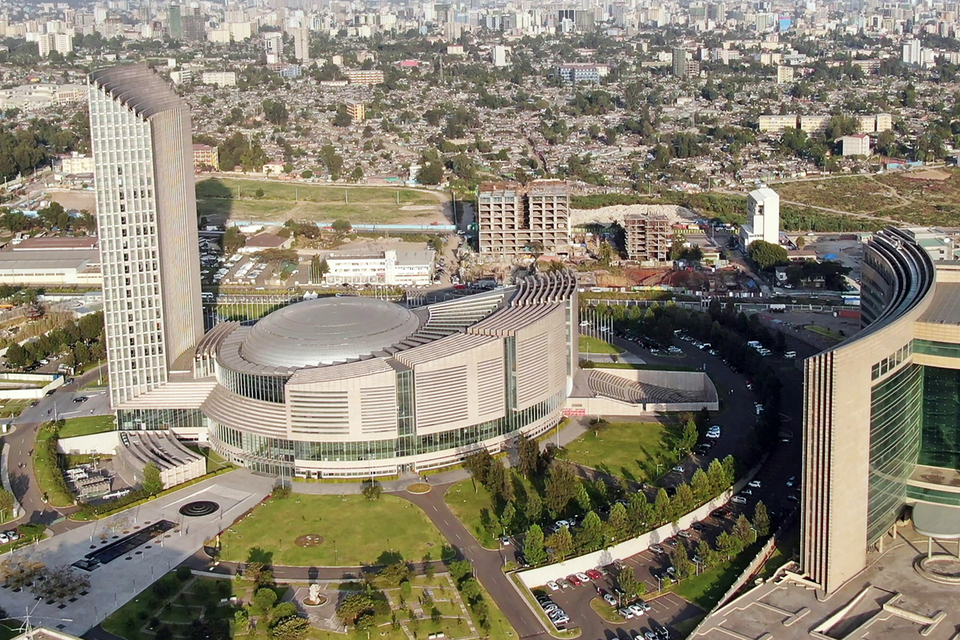
Voluntary AI Ethics Principles guide responsible AI development in Australia, with potential reforms under consideration.

The enactment of Brazil's proposed AI Regulation remains uncertain with compliance requirements pending review.

AIDA expected to regulate AI at the federal level in Canada but provincial legislatures have yet to be introduced.

The Interim AI Measures is China's first specific, administrative regulation on the management of generative AI services.

Despite congressional activity on AI in Colombia, regulation remains unclear and uncertain.

The Council of Europe is developing a new Convention on AI to safeguard human rights, democracy, and the rule of law in the digital space covering governance, accountability and risk assessment.
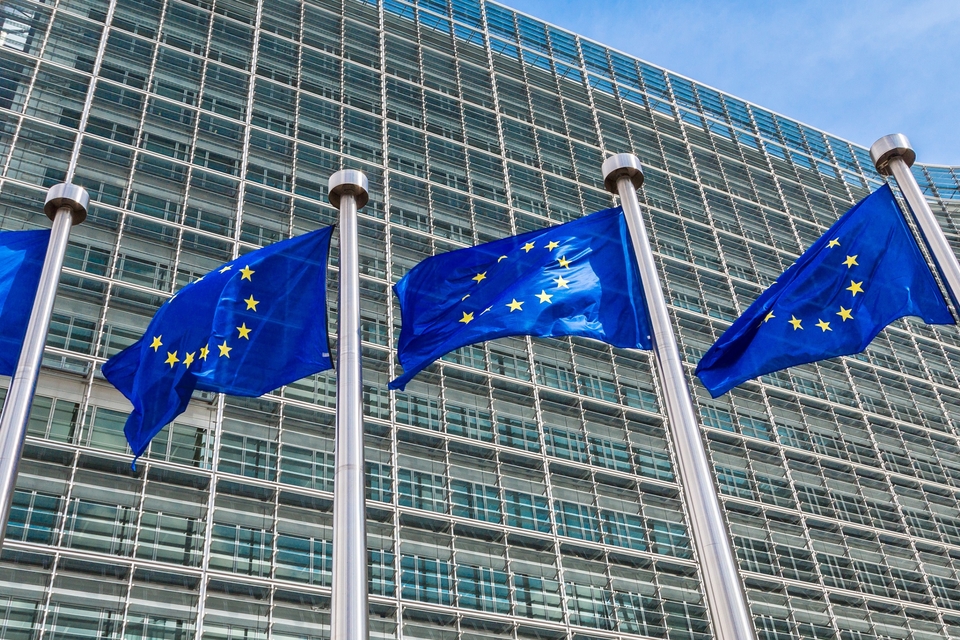
The successful implementation of the EU AI Act into national law is the primary focus for the Czech Republic, with its National AI Strategy being the main policy document.

The EU introduces the pioneering EU AI Act, aiming to become a global hub for human-centric, trustworthy AI.
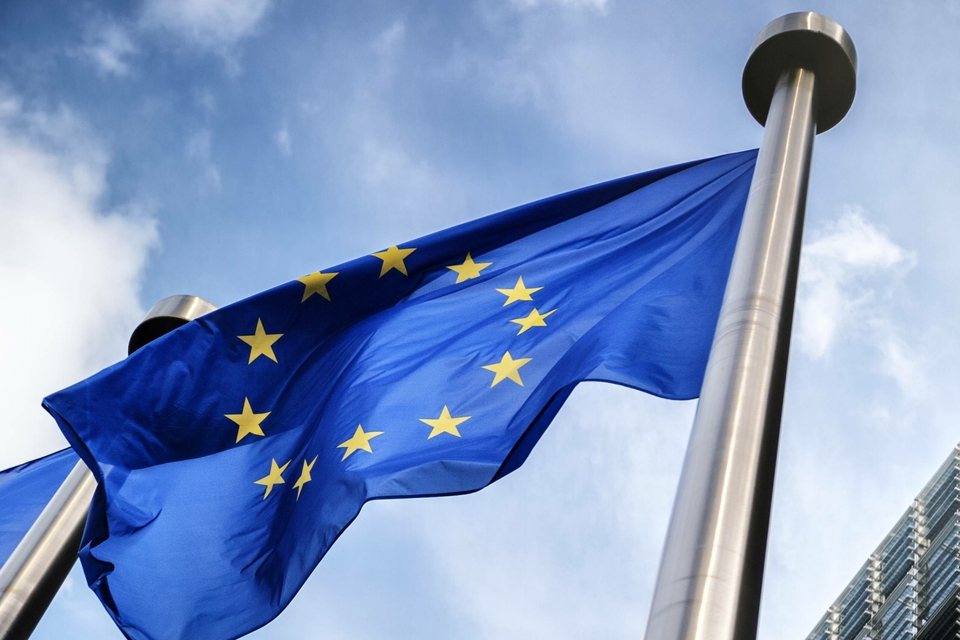
France actively participates in international efforts and proposes sector-specific laws.

The G7's AI regulations mandate Member States' compliance with international human rights law and relevant international frameworks.
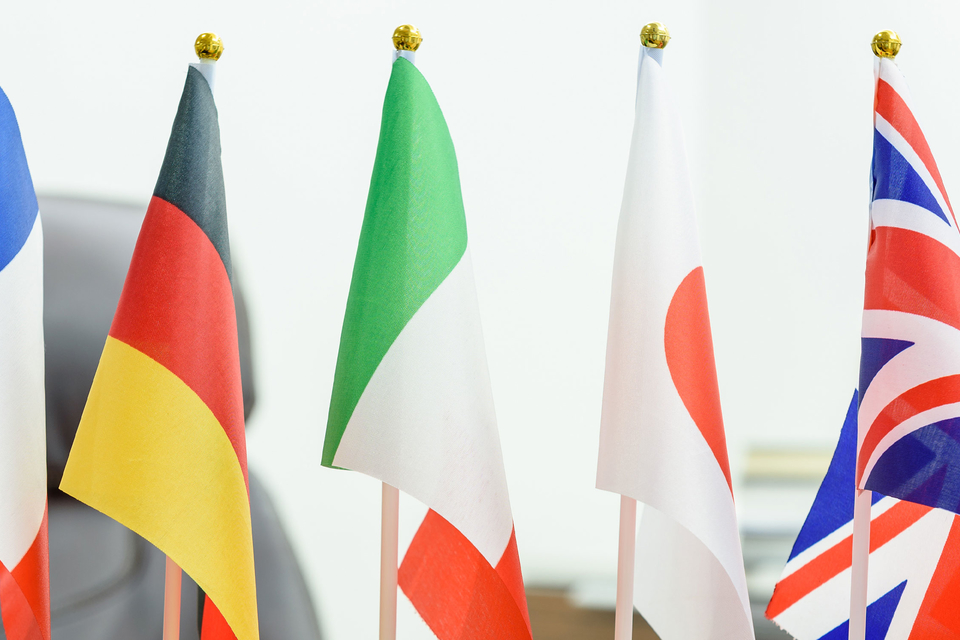
Germany evaluates AI-specific legislation needs and actively engages in international initiatives.

Hong Kong lacks comprehensive AI legislative framework but is developing sector-specific guidelines and regulations, and investing in AI.

National frameworks inform India’s approach to AI regulation, with sector-specific initiatives in finance and health sectors.

Israel promotes responsible AI innovation through policy and sector-specific guidelines to address core issues and ethical principles.


Japan adopts a soft law approach to AI governance but lawmakers advance proposal for a hard law approach for certain harms.

Kenya's National AI Strategy and Code of Practice expected to set foundation of AI regulation once finalized.

Nigeria's draft National AI Policy underway and will pave the way for a comprehensive national AI strategy.

Position paper informs Norwegian approach to AI, with sector-specific legislative amendments to regulate developments in AI.

The OECD's AI recommendations encourage Member States to uphold principles of trustworthy AI.
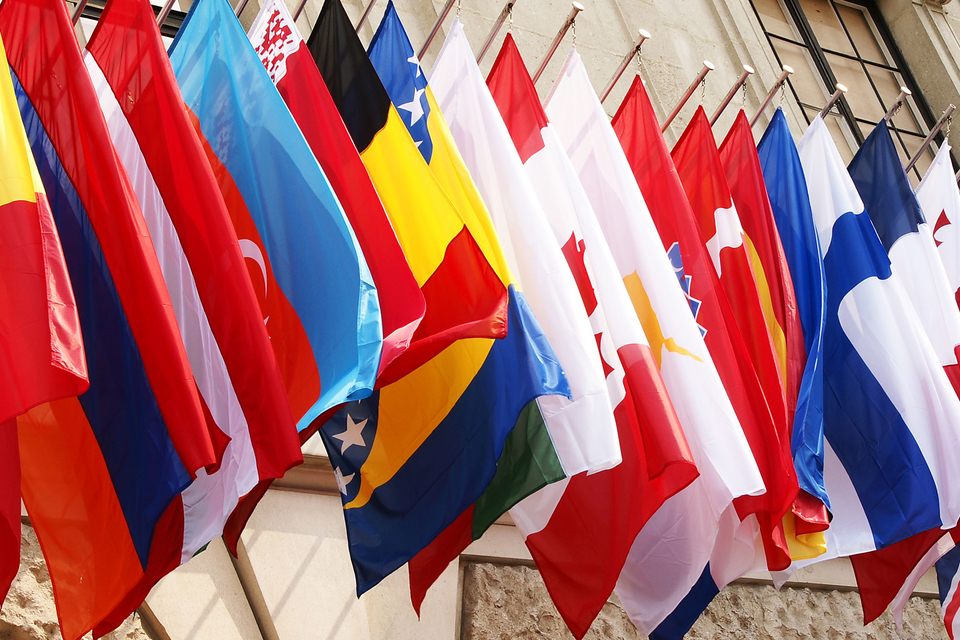
Saudi Arabia is yet to enact AI Regulations, relying on guidelines to establish practice standards and general principles.

Singapore's AI frameworks guide AI ethical and governance principles, with existing sector-specific regulations addressing AI risks.

South Africa is yet to announce any AI regulation proposals but is in the process of obtaining inputs for a draft National AI plan.

South Korea's AI Act has been promulgated as the fundamental body of law governing AI.

Spain creates Europe's first AI supervisory agency and actively participates in EU AI Act negotiations.

Switzerland's National AI Strategy sets out guidelines for the use of AI, and aims to finalize an AI regulatory proposal in 2025.

Draft laws and guidelines are under consideration in Taiwan, with sector-specific initiatives already in place.

Turkey has published multiple guidelines on the use of AI in various sectors, with a bill for AI regulation now in the legislative process.

Mainland UAE has published an array of decrees and guidelines regarding regulation of AI, while the ADGM and DIFC free zones each rely on amendments to existing data protection laws to regulate AI.

The UK prioritizes a flexible framework over comprehensive regulation and emphasizes sector-specific laws.

The UN's AI resolutions encourage Member States to adopt national rules to establish safe, secure and trustworthy AI systems and create forums to advance global cooperation, scientific understanding, and share best practices.
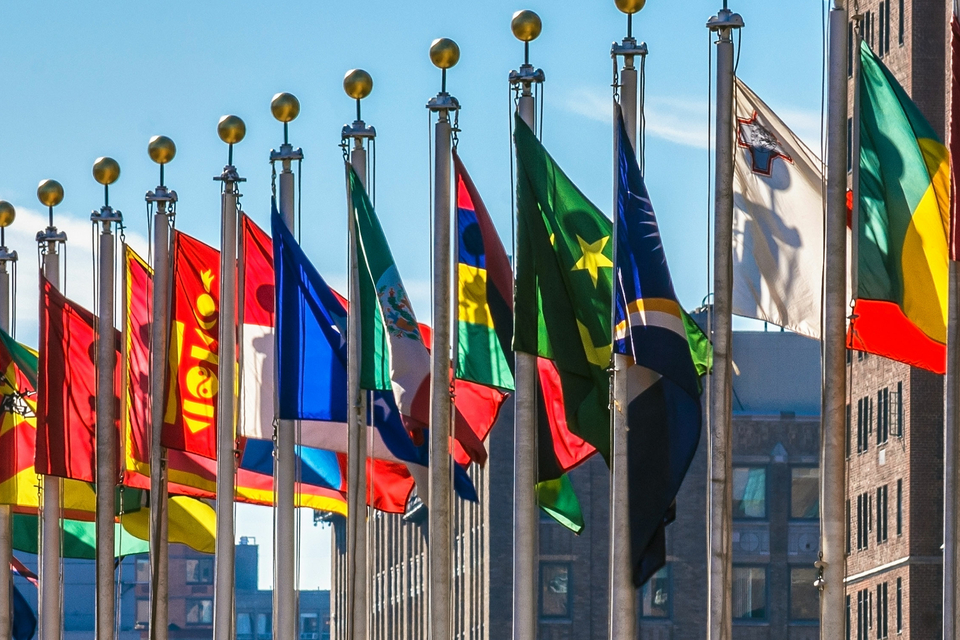
The US relies on existing federal laws and guidelines to regulate AI but aims to introduce AI legislation and a federal regulation authority.

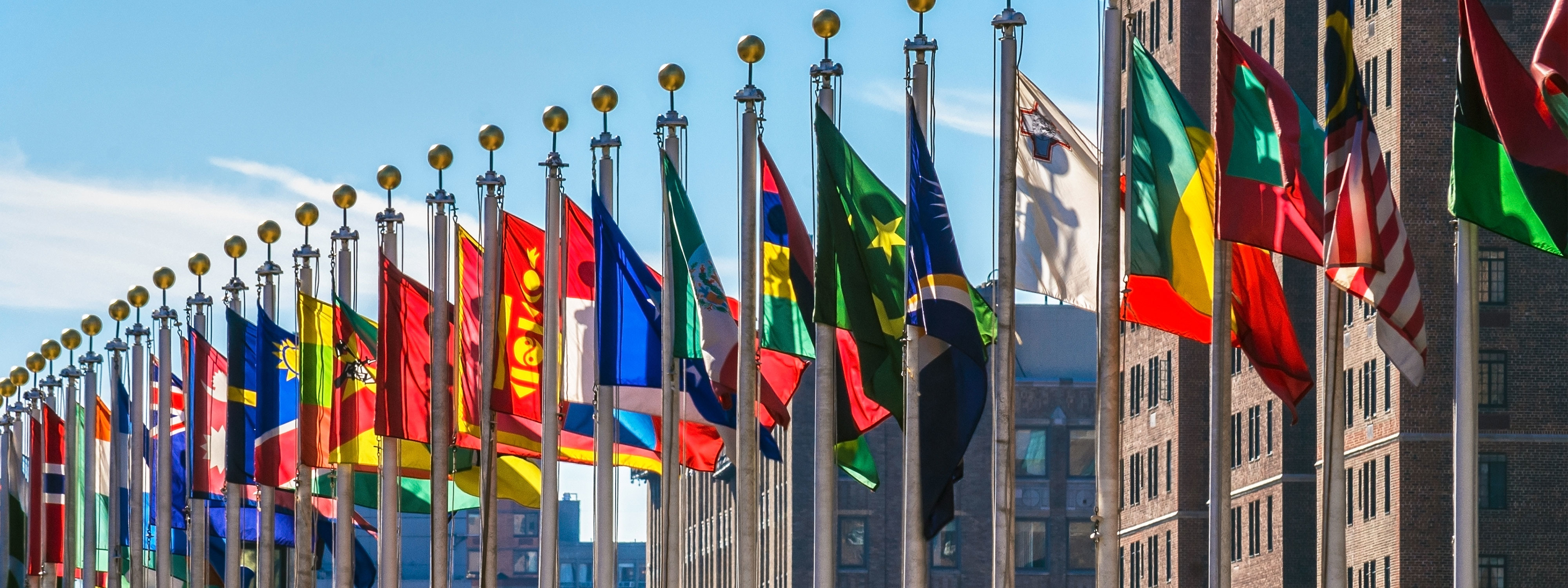
The UN's AI resolutions encourage Member States to adopt national rules to establish safe, secure and trustworthy AI systems and create forums to advance global cooperation, scientific understanding, and share best practices.
On March 21, 2024, the United Nations (UN) adopted a draft resolution on AI, entitled "Seizing the opportunities of safe, secure and trustworthy artificial intelligence systems for sustainable development" (the "March Resolution"). The March Resolution was backed by more than 120 Member States and aims to encourage countries to safeguard human rights, protect personal data and monitor AI for risks on a non-legally binding basis.1 It was designed to complement other work done by the UN, including the International Telecommunication Union (ITU), the UN Educational, Scientific and Cultural Organization (UNESCO) and the Human Rights Council.
On September 19, 2024, the UN's High-level Advisory Body on Artificial Intelligence released "Governing AI for Humanity," a final report2 on global AI governance. Developed through extensive feedback and consultations, the report emphasizes inclusive, coordinated, and effective AI regulation. It recommends: (i) establishing an international scientific panel on AI, (ii) initiating policy dialogues, (iii) creating an AI standards exchange, (iv) forming a capacity development network, (v) launching a global AI fund, (vi) developing a global data framework, and (vii) setting up an AI office within the UN Secretariat. Grounded in principles aligned with human rights and international law, the report calls for international cooperation to ensure equitable AI benefits while mitigating risks. Although it does not advocate for a new international AI agency, it acknowledges the potential future need for enhanced governance mechanisms. The report also highlights AI's economic impact and stresses the importance of governance for fair outcomes and skills development, envisioning a globally inclusive framework that balances AI's potential with human rights protection.
On August 26, 2025, the General Assembly adopted a further draft resolution on AI, entitled "[t]erms of reference and modalities for the establishment and functioning of the Independent International Scientific Panel on Artificial Intelligence and the Global Dialogue on Artificial Intelligence Governance" (the "August Resolution").3 Under the August Resolution, the General Assembly resolved to establish the: (i) "Independent International Scientific Panel on Artificial Intelligence" (the "Panel"), a body that will comprise 40 experts appointed by the General Assembly and promote scientific understanding of AI; and (ii) "Global Dialogue on Artificial Intelligence Governance" (the "Dialogue"), an annual forum for governments and stakeholders to discuss AI, cooperate, and share best practices.4
The Dialogue was launched at the 80th session of the General Assembly in September 2025,5 and will be complemented by multi-stakeholder meetings at the AI for Good Global Summit in Geneva in 2026, and the forum on science, technology and innovation for the Sustainable Development Goals in New York in 2027.6
The UN does not have the ability to pass laws or regulations regarding AI or its implementation. However, the UN Charter gives the General Assembly the power to initiate studies and make recommendations to promote the development and codification of international law. In the future, the General Assembly may vote on other AI resolutions, which are expressions of the Member States' views and are not legally binding.
The March Resolution aims to reach a global consensus on safe, secure and trustworthy AI systems, and encourages its Member States to implement and develop their distinct national regulatory and governance approaches and frameworks for the full realization of the 2030 Agenda for Sustainable Development.7 The August Resolution furthers this aim by establishing the Panel and the Dialogue, and encourages its Member States, as well as other key stakeholders, to support the effective functioning of the Panel and the Dialogue (e.g., by facilitating participation by offering travel support to representatives, etc.).8
In addition, there are various existing frameworks that do not directly seek to regulate AI but may affect the development or use of AI in the UN. For example:
The March Resolution and the August Resolution (together, the "Resolutions") do not establish an independent definition of "AI". Instead, the March Resolution sets out "the safe, secure and trustworthy artificial intelligence systems" that refer to "artificial intelligence systems in the non-military domain, whose life cycle includes the stages: pre-design, design, development, evaluation, testing, deployment, use, sale, procurement, operation and decommissioning, and are such that they are human-centric, reliable, explainable, ethical, inclusive, in full respect, promotion and protection of human rights and international law, privacy preserving, sustainable development oriented, and responsible —and have the potential to accelerate and enable progress towards the achievement of all 17 Sustainable Development Goals and sustainable development in its three dimensions —economic, social and environmental— in a balanced and integrated manner; promote digital transformation; promote peace; overcome digital divides between and within countries; and promote and protect the enjoyment of human rights and fundamental freedoms for all, while keeping the human person at the centre".9
The Resolutions do not have a specific territorial scope. The primary goal of the March Resolution is to ensure "safe, secure and trustworthy AI systems" on a global level. It encourages all 193 Member States and multi-stakeholders from all regions and countries (including from the private sector, international and regional organizations, civil society, the media, academia and research institutions and technical communities and individuals) to develop and support regulatory and governance frameworks.10 The Panel, as established by the August Resolution, will have balanced geographic representation, and Member States may nominate representatives to sit on the Panel.
The Resolutions are not sector-specific, and are aimed at all sectors and actors on a global level.
The March Resolution encourages all Member States and stakeholders to develop and support the realization of "safe, secure and trustworthy AI systems", and the August Resolution establishes the Panel and Dialogue, but neither of the Resolutions designates explicit compliance roles.
The March Resolution seeks to:
As to the August Resolution, the Panel aims to promote scientific understanding of the opportunities, risks and impacts of AI, while the Dialogue seeks to act as a platform for governments and relevant stakeholders to: (i) discuss international cooperation; (ii) share best practices and lessons learned; and (iii) facilitate open, transparent and inclusive discussions on AI governance. The Dialogue aims to promote the implementation and realization of the Sustainable Development Goals, and to close the digital divides between and within countries, including with regard to:
The August Resolution stresses that the work of the Panel and the Dialogue are intended to help inform and improve AI capacity-building efforts. In addition, the August Resolution encourages UN agencies, funds, programmes, other entities, bodies and offices, and related organizations to consider the Panel's and the Dialogue's contributions when leveraging opportunities and addressing challenges in enhancing international cooperation on AI capacity-building. This includes through:
The Resolutions do not explicitly categorize AI according to risk.
The March Resolution does not impose compliance requirements but calls on Member States and other stakeholders to take action and assist developing countries toward inclusivity and access to the benefits of digital transformation, including by:
The March Resolution also encourages Member States and other stakeholders to (for the benefit of all) address the world's greatest challenges and achieve sustainable development in economic, social and environmental dimensions (with specific consideration of developing countries) by:
The August Resolution provides that the General Assembly will consider nominations and appoint 40 members to the Panel on the basis of their expertise in AI and related fields, with certain stipulations regarding the composition of those members (e.g., from a range of geographies, with a gender balance, no conflicts of interests, etc.). Once appointed, members will serve for a term of three years and will elect two co-chairs and up to three vice-chairs. Once formed, the Panel will:
With respect to the Dialogue, the August Resolution:
As the Resolutions have no enforcement powers on its Member States, there are no regulators under the Resolutions, nor do the Resolutions stipulate how the Member States should regulate AI systems in their own jurisdictions.
The Resolutions are not legally binding, nor do they confer enforcement powers or give rise to any penalties for non-compliance.
1 See text of UN report here.
2 See the UN News Article and the March Resolution.
3 See the EU's Statement and the August Resolution.
4 See the August Resolution, pages 1 to 3.
5 See the Letter from the President of the General Assembly.
6 See the August Resolution, page 3.
7 See the March Resolution, pages 3 and 4.
8 See the August Resolution, page 3.
9 See the March Resolution, page 2.
10 See the March Resolution, pages 3 and 4.
11 See the March Resolution, pages 3 to 7.
12 See the August Resolution, pages 2 to 3.
13 See the August Resolution, page 3.
14 See the March Resolution, pages 4 and 5.
15 See the March Resolution, pages 6 and 7.
16 See the August Resolution, page 1.
17 See the August Resolution, page 3.
Jeffrey Shin (Associate, White & Case, London) and Emily Digby (Trainee Solicitor, White & Case, London) contributed to this publication.
White & Case means the international legal practice comprising White & Case LLP, a New York State registered limited liability partnership, White & Case LLP, a limited liability partnership incorporated under English law and all other affiliated partnerships, companies and entities.
This article is prepared for the general information of interested persons. It is not, and does not attempt to be, comprehensive in nature. Due to the general nature of its content, it should not be regarded as legal advice.
© 2025 White & Case LLP